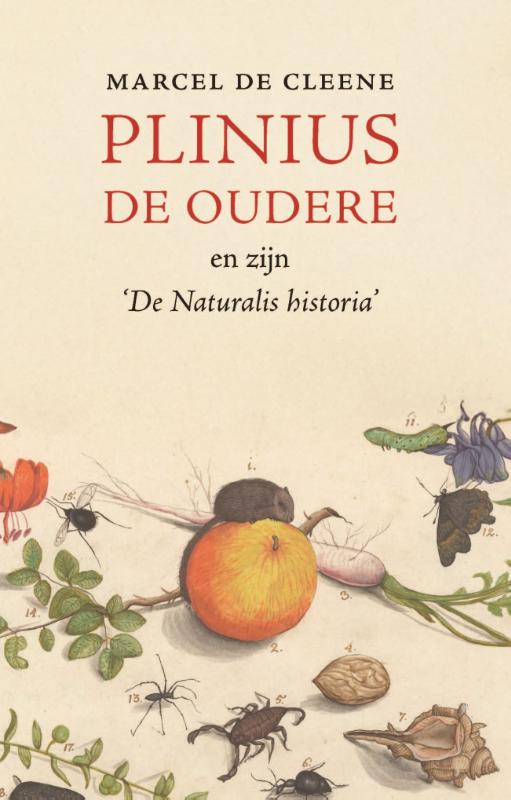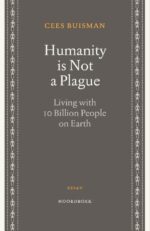Plinius de Oudere
€ 29,90
Plinius de Oudere (ca. 23/24 – 79 na Chr.) was een Romeins officier, geschiedwetenschapper en letterkundige. Na zijn legercarrière trok hij zich terug tussen de vier muren van zijn studeerkamer om zijn titanenwerk aan te vatten: De naturalis historia, een werkstuk van maar liefst 37 delen met 2.493 hoofstukken die verschenen vanaf het jaar 77.
Deze eerste wetenschappelijke encyclopedie ooit probeerde alle belangrijke kennis van zijn tijd samen te vatten. Plinius beperkte zich niet tot de feiten, maar leverde ook commentaar en verwees naar zijn bronnen.
Marcel De Cleene, die al jaren zeer vertrouwd is met Plinius’ werk, grasduinde voor ons door de vele lemma’s en plukte degene eruit die over planten en dieren gaan. Plinius wisselt verrassende kennis af met vreemde ideeën die vandaag de wenkbrauwen doen fronsen of een glimlach op het gezicht toveren. Maar toch zijn diens opvattingen uit de eerste eeuw na Christus soms verkwikkend fris en modern.
Plantenfysioloog Marcel De Cleene is emeritus hoogleraar aan de Universiteit Gent. Bij uitgeverij Sterck & De Vreese verschenen veelgeprezen boeken als De historia naturalis. De geschiedenis van de kruidengeneeskunde in de Lage Landen, De naturalis historia. Vergeten toepassingen van planten en Compendium van rituele planten in Europa.
Gerelateerde boeken
-
-
Humanity is Not a Plague
€ 19,90In ‘Humanity is Not a Plague’, Cees Buisman argues that it is possible for 10 billion people to exist together on this Earth – as predicted for the year 2100 – provided that the richer part of the world no longer merely focuses on its own health, prosperity and happiness, and instead starts working seriously on developing a higher consciousness.
In this essay, Buisman sharply analyzes some of the problems facing mankind, such as fresh water shortages, whilst overturning several clichés and offering unexpected, positive solutions. Overpopulation is not the problem; the effects of our actions on the rest of the world have a much greater impact. ‘Back to nature’ is not the solution, nor is an overreliance on science and innovation. Large-scale technologies could even increase our problems. It seems that the growth of humanity will depend on the growth of our consciousness.
Cees Buisman studied water purification engineering, in addition to business administration, communication theory and applied integral psychology. Throughout his life he has worked on new environmental technologies, which are used in industry all over the world. His scientific work is highly cited. Buisman is the Director of Wetsus – European Center for Sustainable Water Technology, and Professor at Wageningen University, in the Netherlands.




